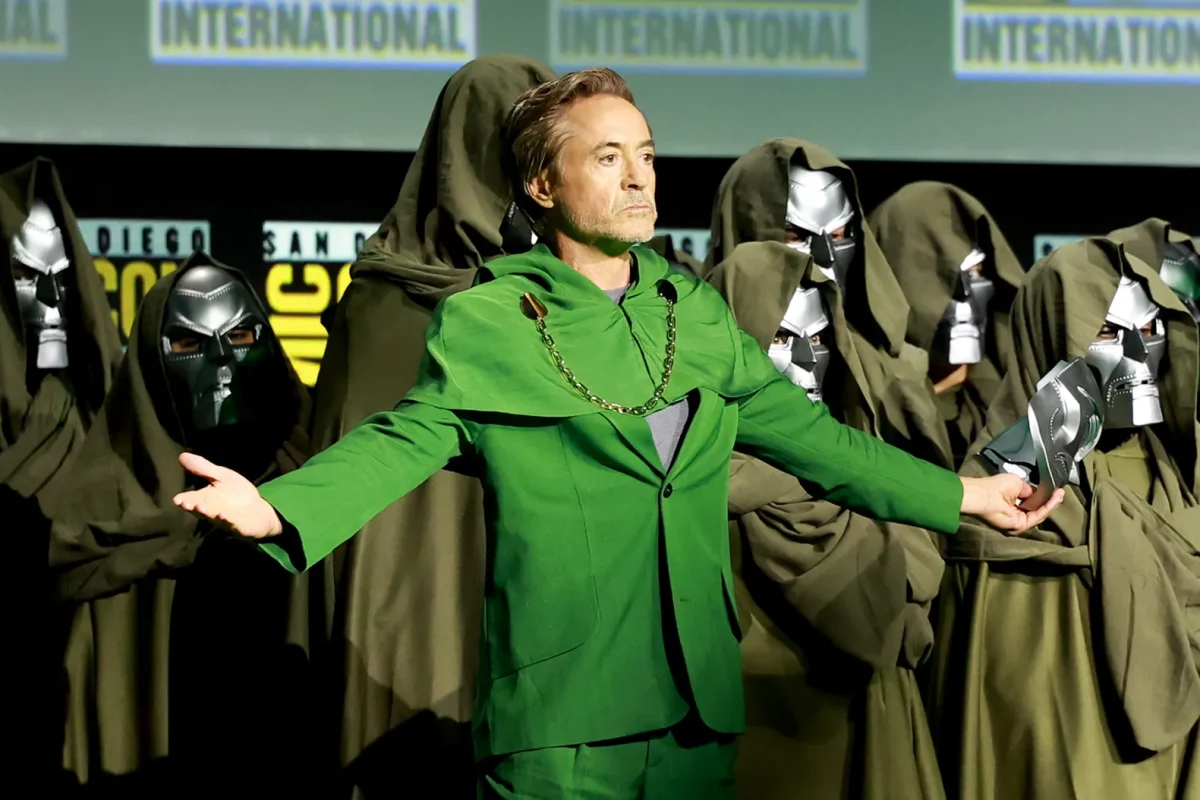[media-credit name=”Screenshot of Facebook post by Kid Cudi” align=”alignnone” width=”577″] [/media-credit]
[/media-credit]
Trigger warning: this story contains potentially distressing material and language about depression, suicidal thinking and trauma.
Last week, rapper Kid Cudi posted a candid, heartfelt note on Facebook revealing his struggles with depression, anxiety and suicidal ideation and announcing that he was checking himself into rehab to deal with these issues. While Cudi’s decision to speak publicly about his mental health was brave and inspiring, the pervasive shame that permeated his whole post was heart-wrenching and all too familiar for those with mental illnesses.
His apologies to his fans for “letting them down,” his statement about feeling “so ashamed,” and his description of himself as a “damaged human” resonated powerfully with me. They are thoughts I’ve had and continued to have throughout my lifelong struggle with mental illness.
Depression is a powerful illness. It causes me to think of myself in unthinkably cruel ways; ways that I might never think about anyone else. My view of myself became warped to the point that I think of myself as being uniquely horrible, undeserving of help and incapable of any good. I am not alone in these thoughts, and believe a lot of the shame in Cudi’s piece can be attributed to depression, and the feelings of absolute wretchedness and guilt that come with it.
However, it is undeniable that the shame Cudi feels is connected to society’s view of mental illness as a whole, and how we have failed to provide a safe and welcoming environment for those with mental illnesses.
While there has been an outpouring of support and well wishes from fans and artists alike, there also has been a considerable amount of scoffing from those who think mental illness can no longer manifest in a person once they have enough riches or fame. Like Cudi, actress Cara Delevingne opened up about her depression earlier this year and was met with both sympathy and mockery. A lot of the brush-offs could be summed up as: “She’s rich, beautiful and successful. What does she have to feel bad about?”
This line of thinking reveals society’s misunderstanding of the nature of mental illness. Mental illness is not something that can be immunized by good looks or money. Indeed, money can certainly help, as a single one-hour session of talk therapy can run anywhere from $80 to $300, depending on your location. In fact, according to a 2011 Mental Health Financing in the United States primer, 45 percent of Americans cite cost as a barrier to mental health care. But just having the money for treatment isn’t a treatment in itself, and believing so only establishes the idea that certain people can’t — or shouldn’t — have depression or anxiety, leading to the shame Cudi expressed and the silence he suffered through years prior.
Those who roll their eyes at the troubles of celebrities may feel more charitable toward their fellow man, there are many others who frame mental illness as a weakness and demand that those who have one to just “get over it.” According to the U.S. Department of Health and Human Services’ website, the idea that a person can just “snap out” of their mental illness if they just try hard enough is one of the most common myths concerning mental health. Rather, it can come about from a variety of factors, including brain chemistry, trauma or abuse and family history.
And while trauma has become devastatingly common for Black people, a culture of silence continues to exist in Black communities. According to the Health and Human Services Office of Minority Health, Black people are 20 percent more likely to experience serious mental health problems — including depression — than White people. However, an American Psychological Association study shows that Black young adults are less likely to seek mental health services than White young adults.
Stigma, lack of access to adequate healthcare and unpleasant or alienating experiences with doctors can make it difficult for Black men and women to seek help, or prevent them from doing so at all. The hashtag #YouGoodMan, which emerged after Cudi’s post as a way for Black men to share their own struggles with mental illness, only highlights how long countless Black men have suffered in silence.
While I called Cudi brave for sharing his struggle with mental illness, I need to question why this is an appropriate word choice. If Cudi were instead to announce that he had cancer and would be undergoing chemotherapy treatments, while the level of support from fans and fellow artists would be the same, I doubt it would garner the same amount of news or start a hashtag. He might be called brave, but it wouldn’t have the same context, or carry the same weight. If Cudi were to battle cancer, it would be the treatment that he’d be brave to endure it. For his depression, however, the bravery comes from admitting that it exists in the first place. In a country where depression is one of the most common mental illnesses, affecting almost 7 percent of adults, his decision shouldn’t be considered brave –– it should be considered normal.






